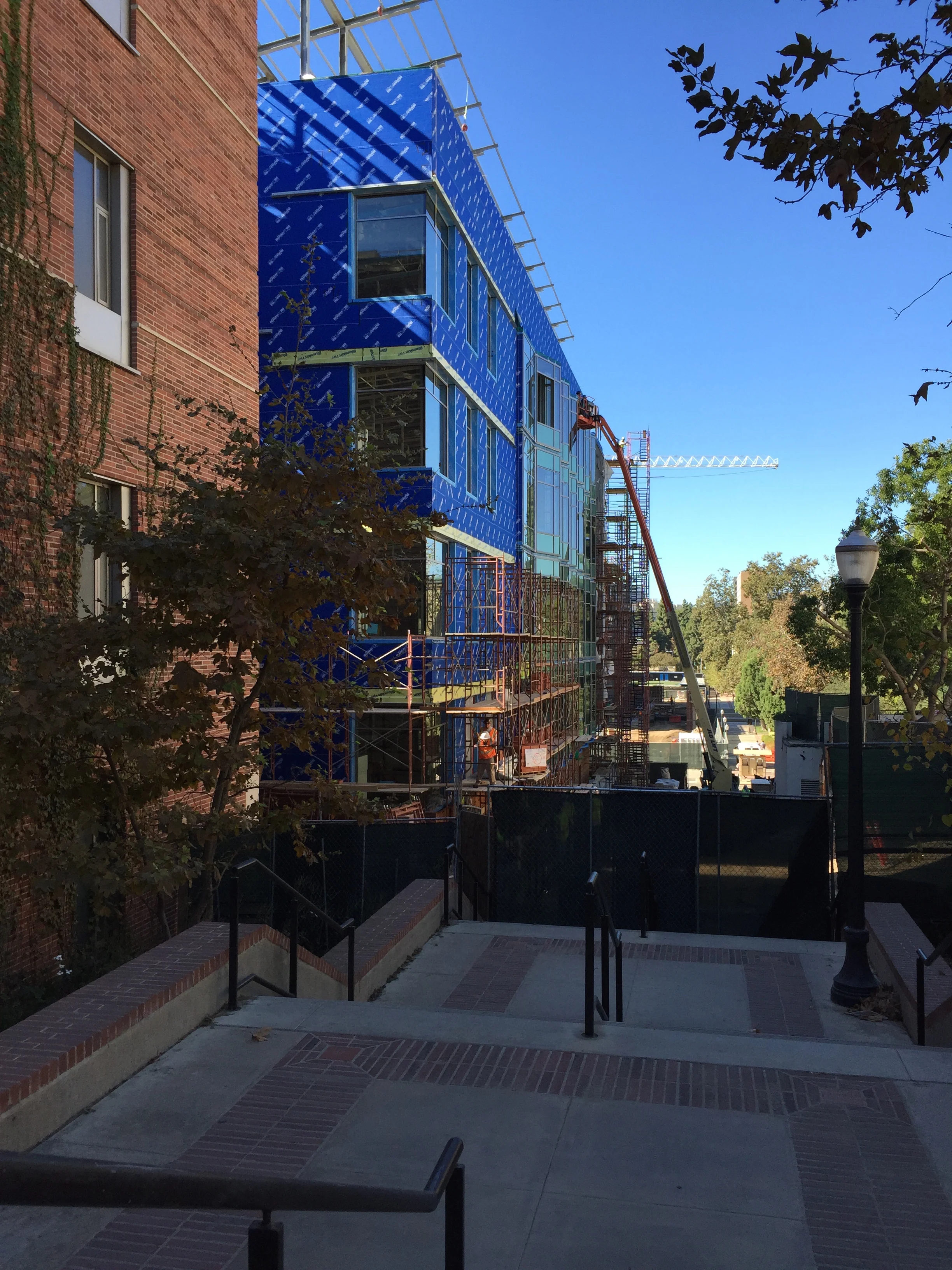S25 GIRS Seminars: Human-Autonomy Teams: An Integrated Methodology to Enhance Automated Driving Systems Operational Safety
/When: Thursday, April 24, 2025
Time: 1:00pm PT
Where: (In-Person) UCLA Engineering 6 BLDG, Rm 580B
Camila Correa-Jullian, PhD Candidate
Abstract: Automated Driving Systems (ADS) are expected to shape the future of transportation and mobility. Along with the technical challenges this implies, developers, manufacturers, and regulators must consider the role humans play in ensuring ADS safety, either as on-board drivers, remote driving assistants, or as fellow road users.
With the inclusion of highly automated functions in complex socio-technical systems, it becomes crucial to evolve from isolated safety assessments towards a holistic Human-Autonomy Team (HAT) perspective. By expanding on the Information, Decision, and Action in Crew context cognitive framework, this research seeks to create a comprehensive representation of the complex team dynamics involved in automated driving applications. Three teams at different Levels of Driving Automation are studied: drivers reacting to warnings at Level 2, driver takeovers at Level 3, and remote operators supervising Level 4 fleet operations.
The teams are modeled by developing risk scenarios, defining tasks, and identifying what factors influence performance. Selected factors are studied through driving simulator experiments with human subjects, to inform and validate modeling choices, as well as providing input for simulation modeling. The research aims to derive operational design principles and functional constraints for enhancing teamwork, mitigating failures, and moving towards safer human-system interactions in ADS operations.
Short Bio: Camila Correa-Jullian is a PhD candidate in Mechanical and Aerospace Engineering at the University of California, Los Angeles. Her current research at the B. John Garrick Institute for the Risk Sciences and the Mobility Lab focuses on characterizing, modeling, and simulating operational safety risks of Connected and Automated Vehicles (CAV), with a focus on safety-critical human-system interactions. She is also part of the organizing committee of the International Workshop for Autonomous System Safety (IWASS).
She previously obtained her Reliability Engineering MS degree from the University of Maryland in 2021, and her undergraduate Mechanical Engineering degree at the University of Chile in 2019. Her previous work focused on integrating modern tools for risk and reliability analysis of liquid hydrogen fueling infrastructure and data-driven applications in photovoltaic and thermal solar systems for diagnostic, prognostic and reinforcement learning-based decision-making tasks.






